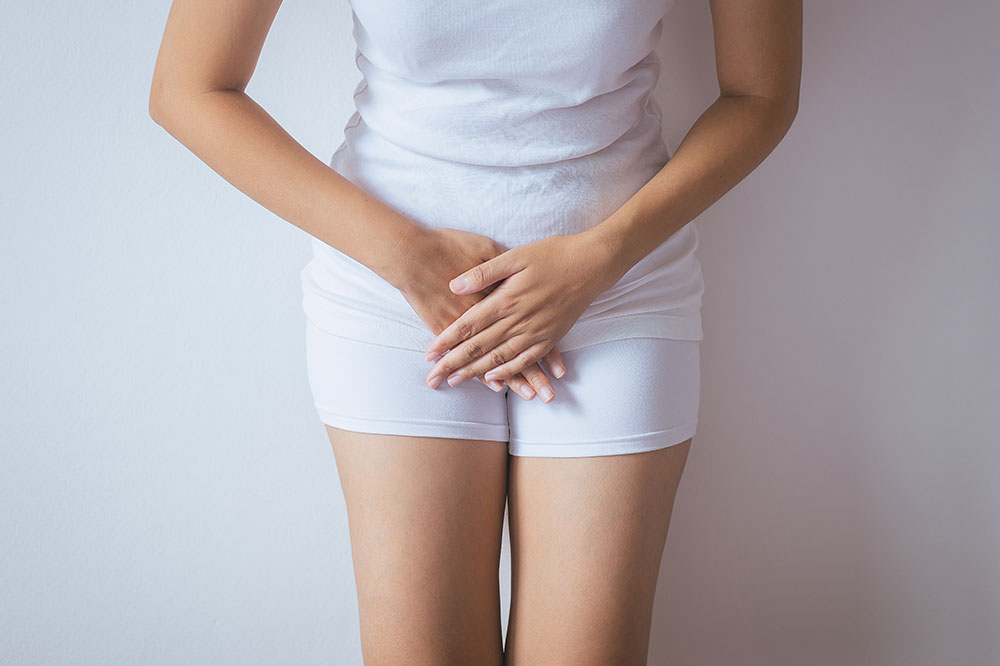
7 Causes of an Overactive Bladder
Having an overactive bladder can be embarrassing. It can also lead to urinary incontinence in some cases, a condition where a person loses control over their bladder. Planning an outing becomes a nightmare in such a situation. But what are the main causes of overactive bladder? Well, the problem could be due to many reasons. Knowing them will help a person prevent the triggers and avoid the urge to visit the washroom in odd situations.
1. Muscle weakness in the pelvic region
By default, a person’s pelvic muscles can contract and relax as required to attain the desired bladder control. But due to childbirth, some women might be left with sagging pelvic muscles, which, in turn, results in a sagging bladder. This causes difficulty in controlling bladder functions. To tackle the problem and strengthen the pelvic muscles, women can take up pelvic floor strengthening exercises.
2. UTIs
Urinary tract infections or UTIs could occur due to many reasons and affect the entire urinary tract, including the bladder, kidneys, and urethra. This is when the bladder activity becomes unpredictable, and one experiences frequent urination.
3. Hormone issues
Menopause is one of the primary triggers for hormone fluctuations in women. And a sudden increase in bladder activity could be one of the many symptoms associated with abnormal hormone fluctuations. Changes in the estrogen levels are responsible for overactive bladder, particularly in women who are reaching menopause.
4. Damage of the nerves
Nerve damage can sometimes lead to changes in bladder activity and trouble in controlling the bladder. The damage could be due to various health conditions like multiple sclerosis and even a stroke. The problem is more severe when the nerves of the bladder are affected.
5. Bladder anomalies
Anomalies in the bladder can be benign or malignant and can result in a hyperactive bladder. Bladder stones and bladder cancer (growth of tumors in the bladder) could be the possible causes.
6. Medication
Several types of medications can lead to a temporary difficulty in bladder control. Diuretics used for people with conditions like hypertension are especially intended to increase urine output. They can, therefore, result in an overactive bladder.
7. Abnormal weight gain
People who are obese and those with too much fat deposits around the waist might suffer from an overactive bladder. Hence, anyone with the question “what are the main causes of overactive bladder?” should aim at maintaining healthy body weight. This would help remove the unwanted pressure on the bladder due to the fat deposited in the abdomen.
So, what are the main causes of overactive bladder in men and women? To summarize, it could be due to diseases, medications, hormone changes, or even nerve damage. One can effectively manage the symptoms by identifying the cause.


